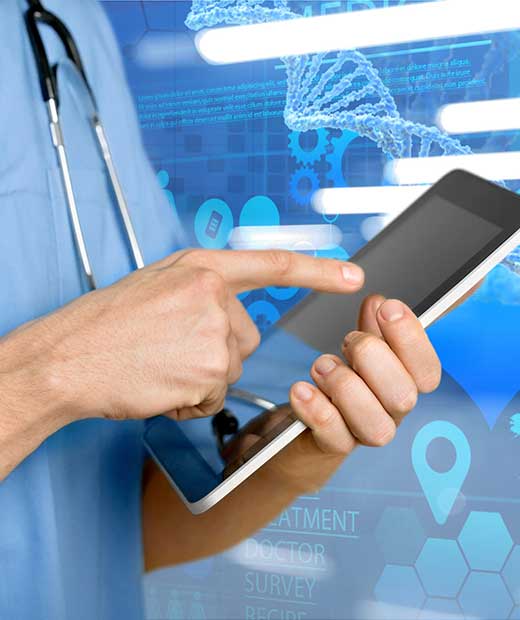Streamline Administrative Processing
The healthcare industry has digitally transformed to provide an expanded level of patient services. Yet the business systems that run administration, insurance documentation, and verification of coverage processes often include manual or paper processes. This inefficiency impacts claim processing, collections, and contract management.
New digital business systems are now available that leverage advanced technologies such as Artificial Intelligence and machine learning to respond with greater intelligence, accuracy, and customer satisfaction.
Start a Conversation
Let Axis Technical Group be your Healthcare industry partner to align a new, streamlined path to growth.


